- Daniel Pflumm (b. 1968)
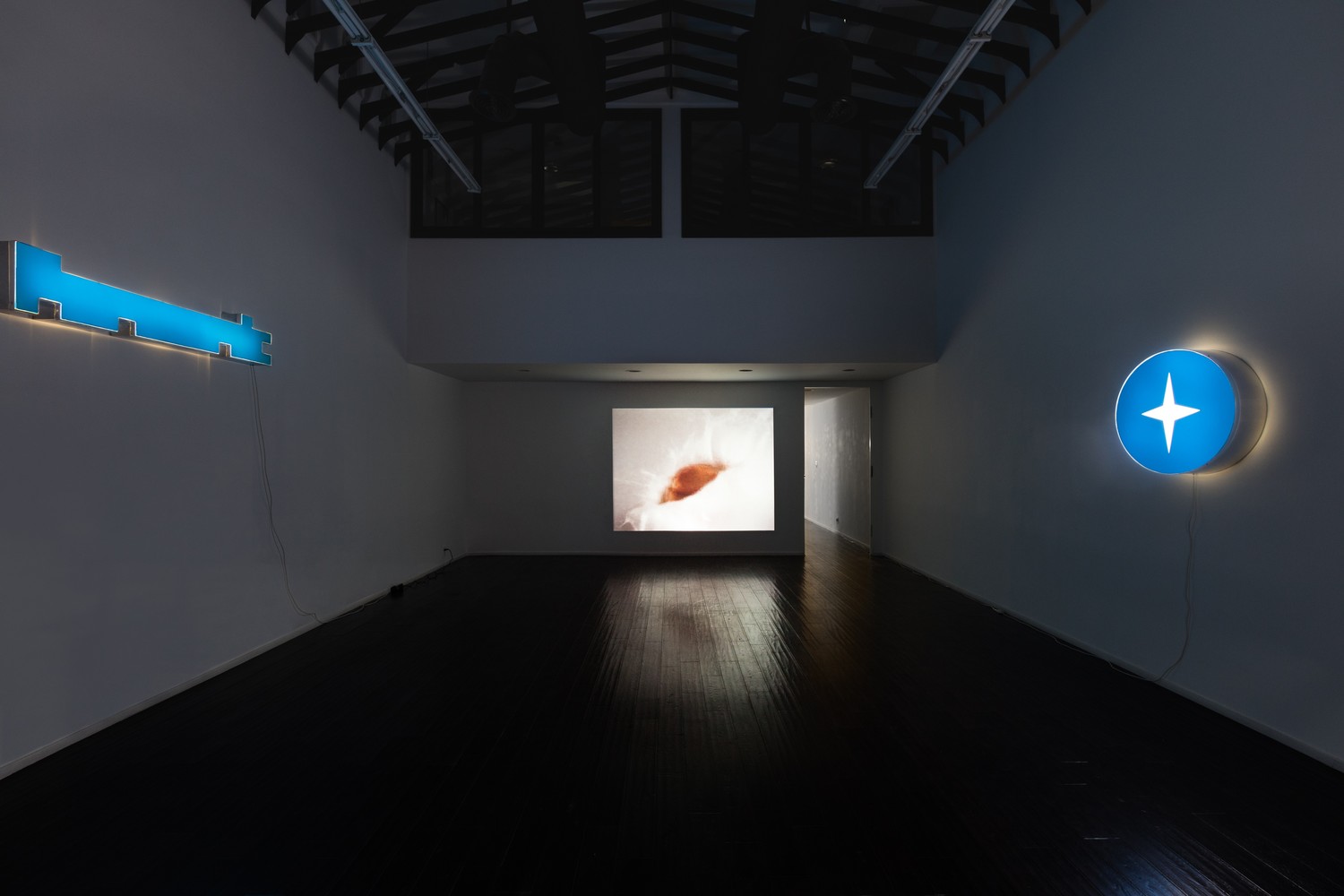
Gallery View I
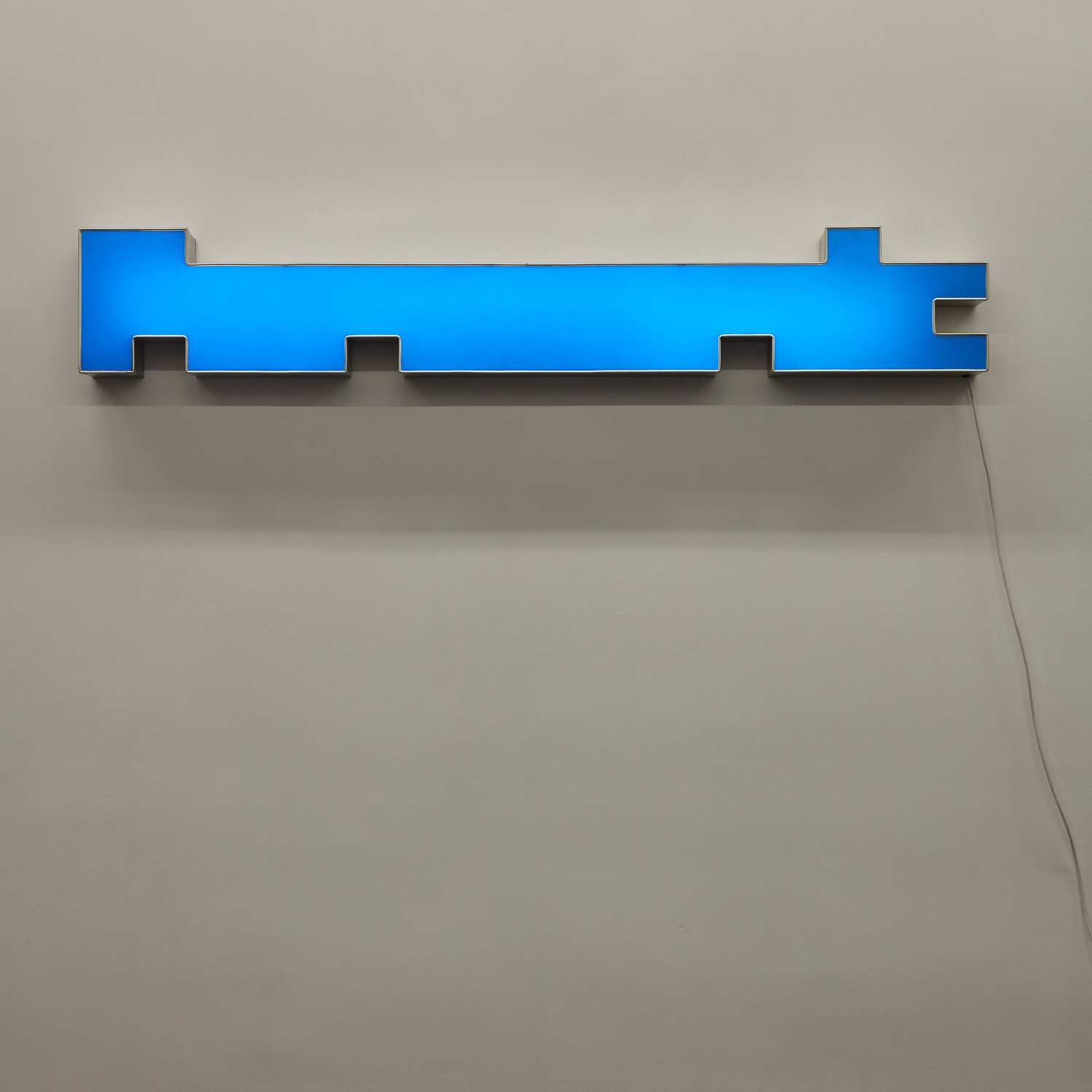
Ohne Titel (Panasonic), 1999

Untitled (Citibank), 2002
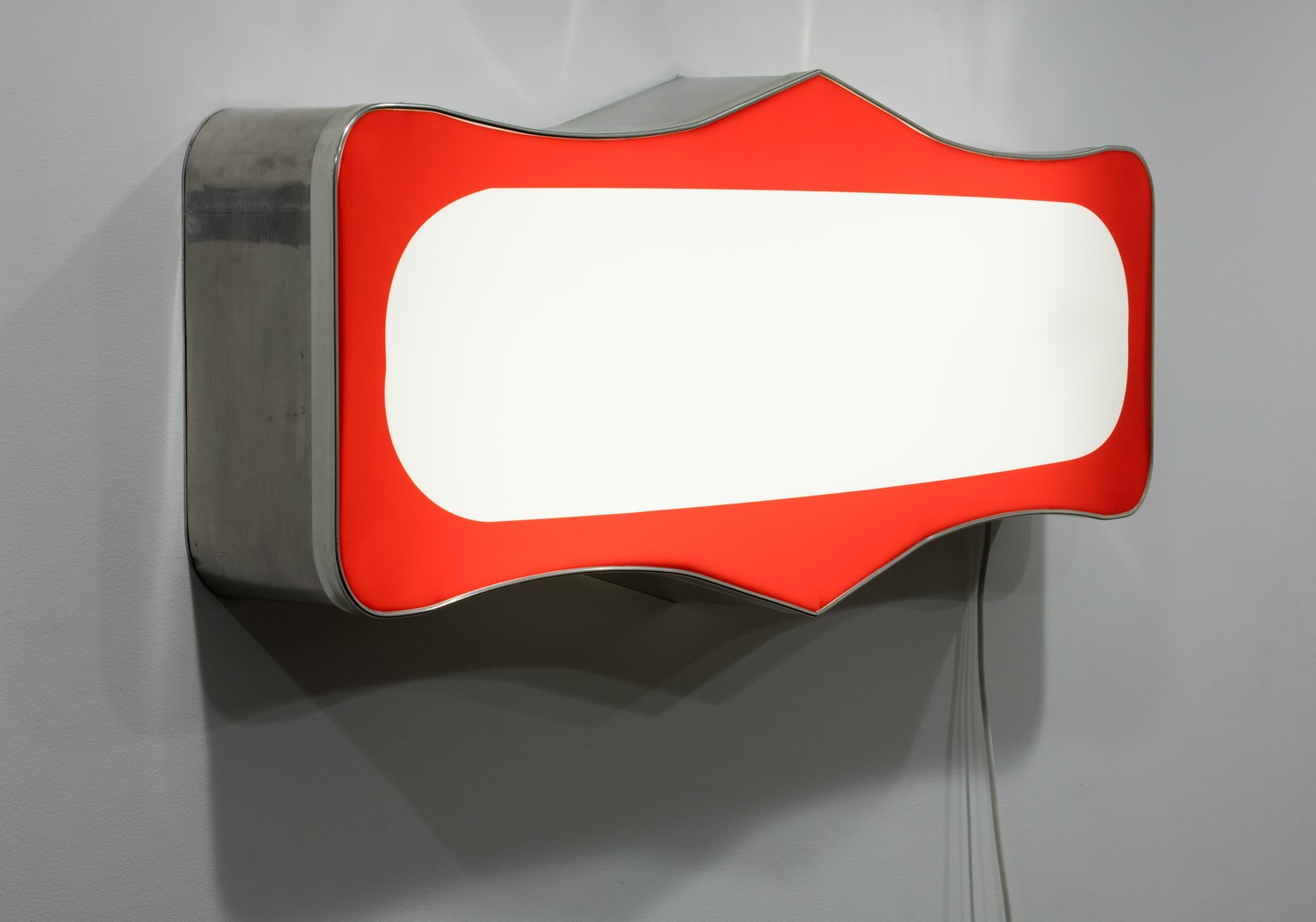
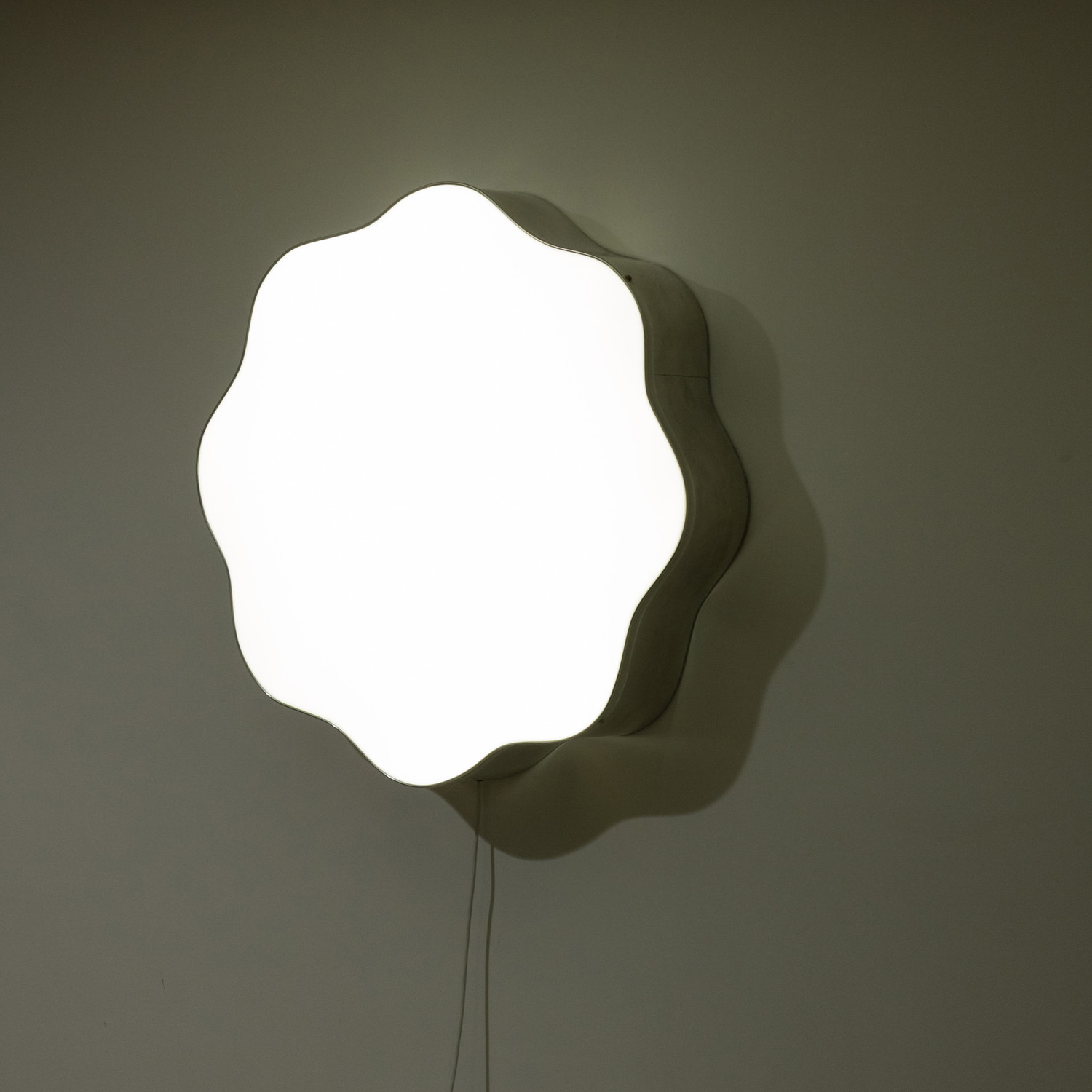
Untitled (montblanc), 2005
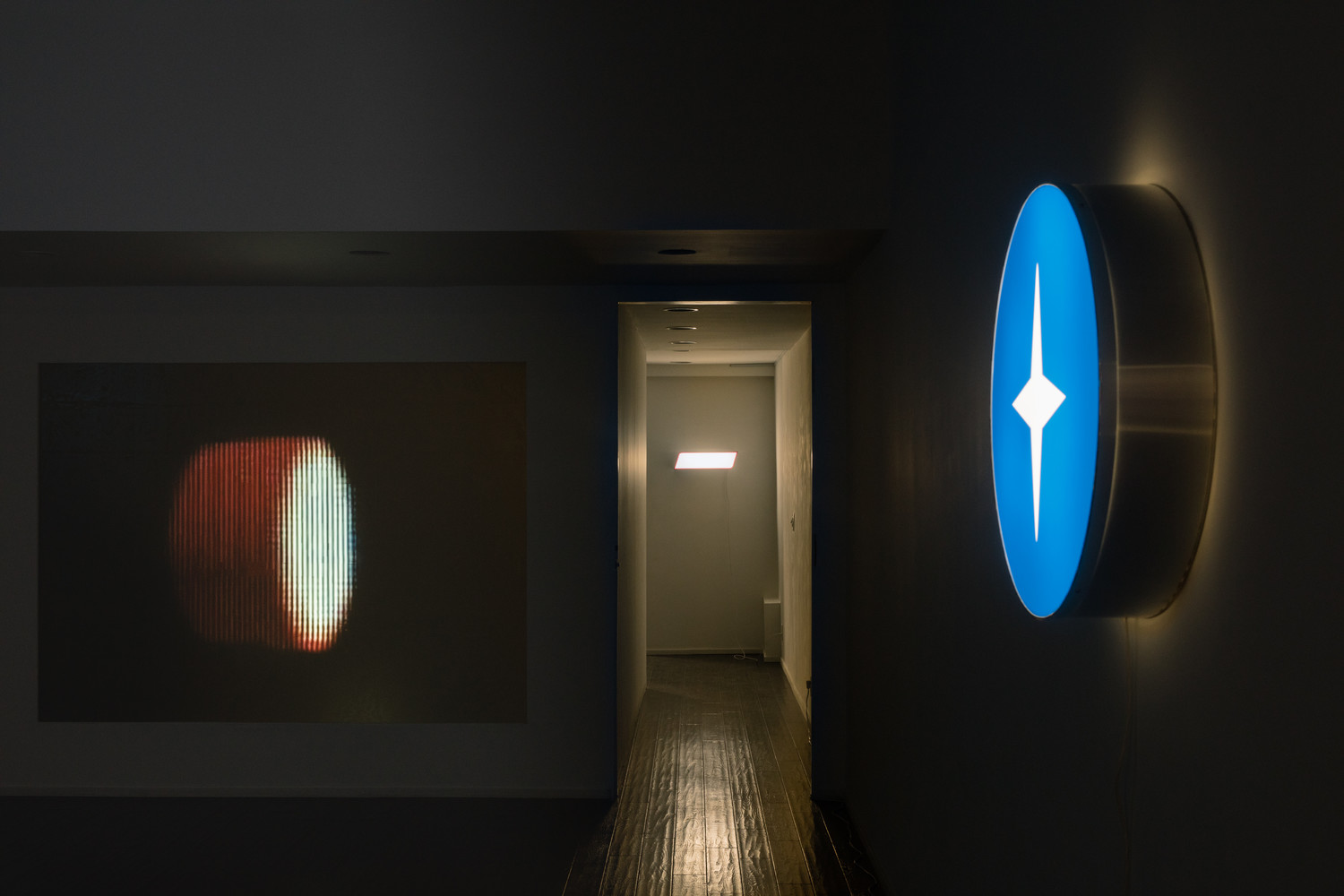
Gallery View II
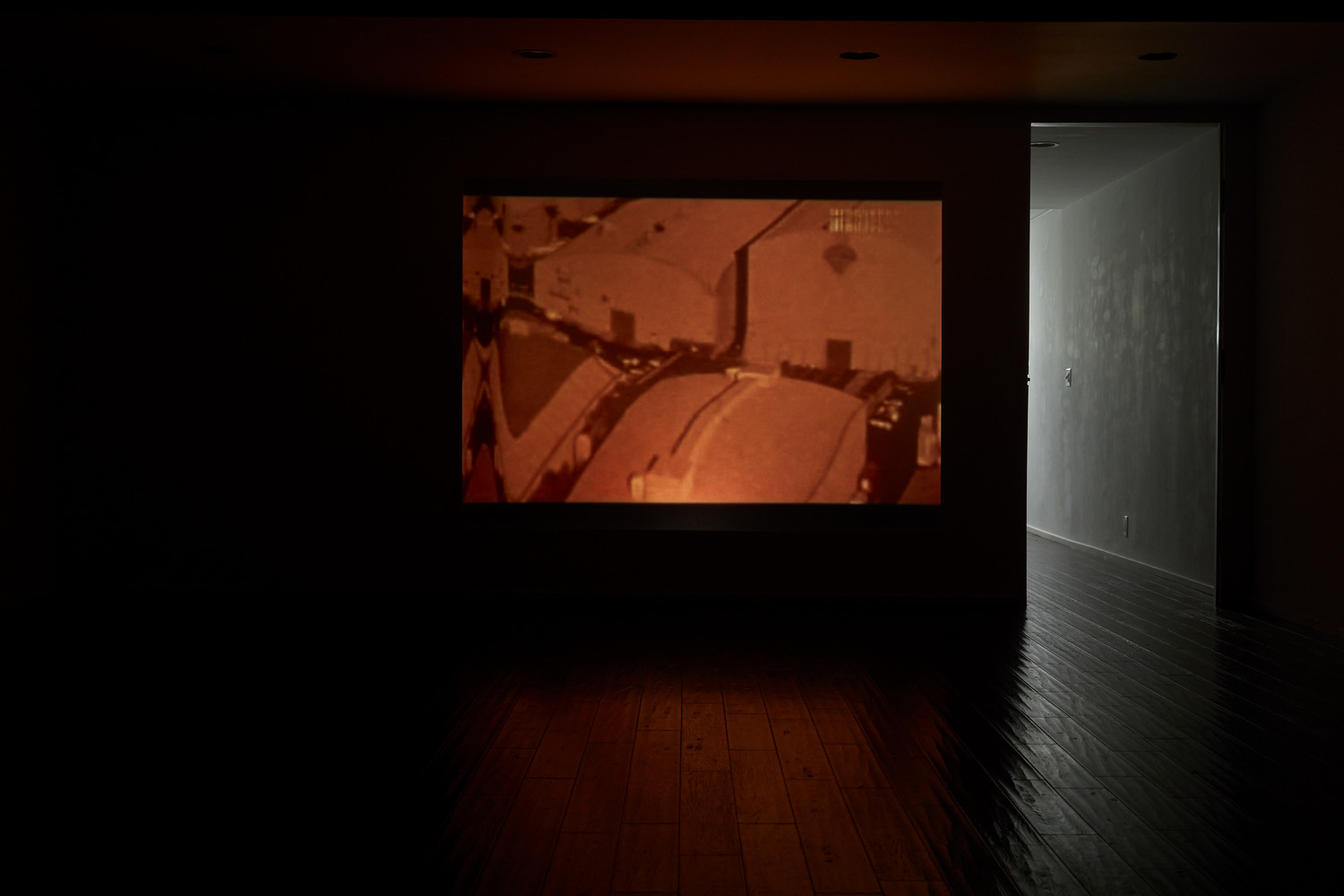
Gallery View III
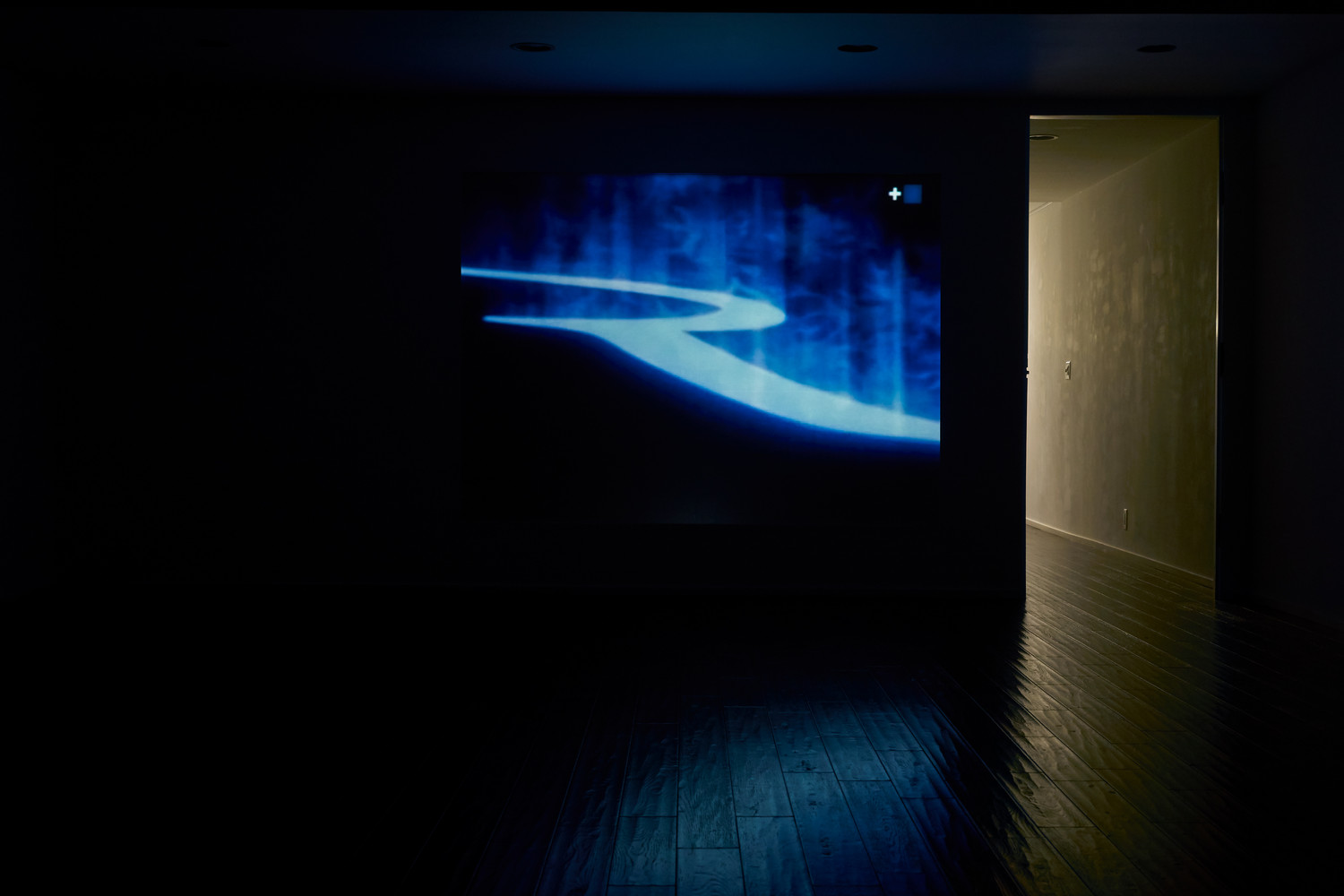
Gallery View IV
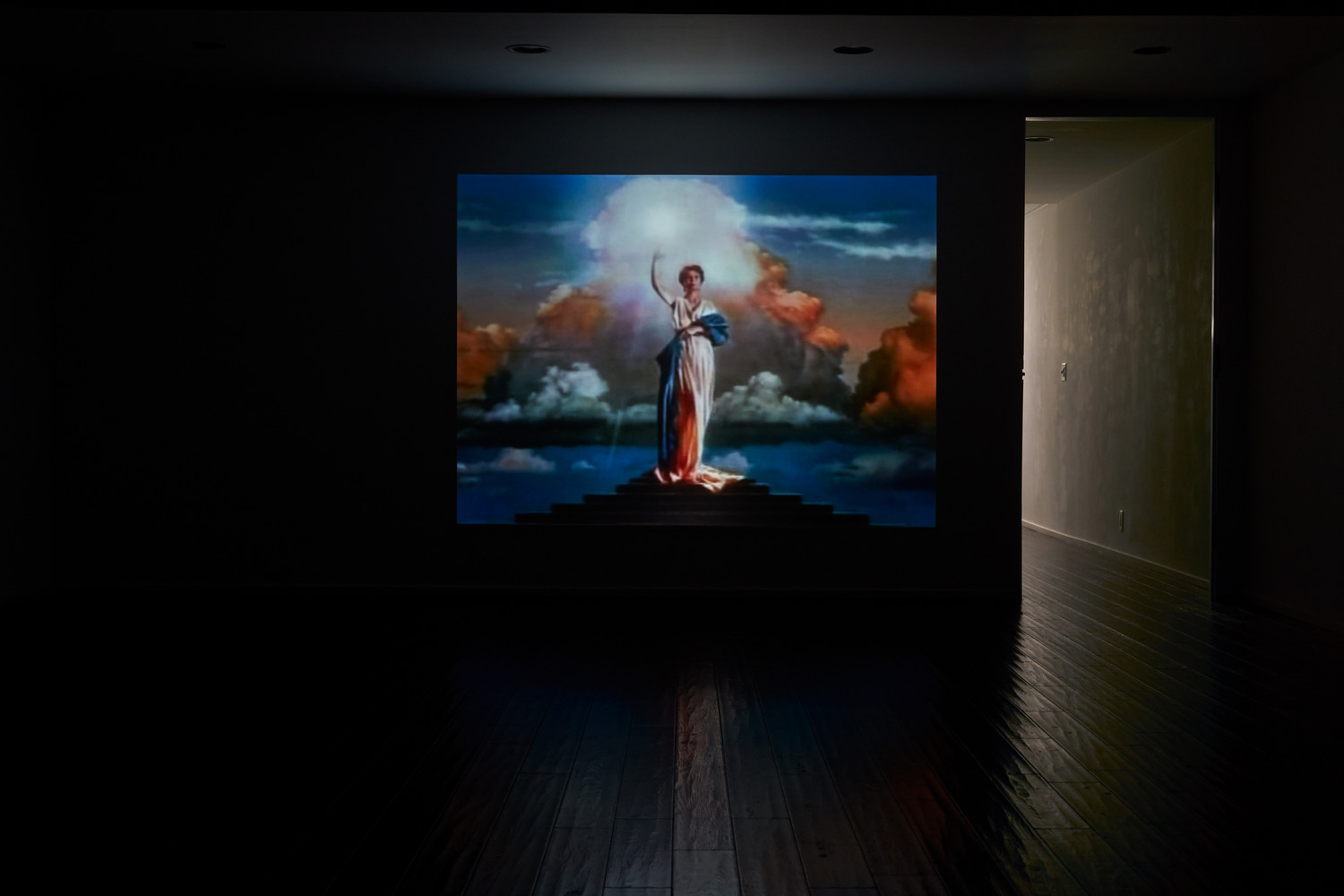
Gallery View V
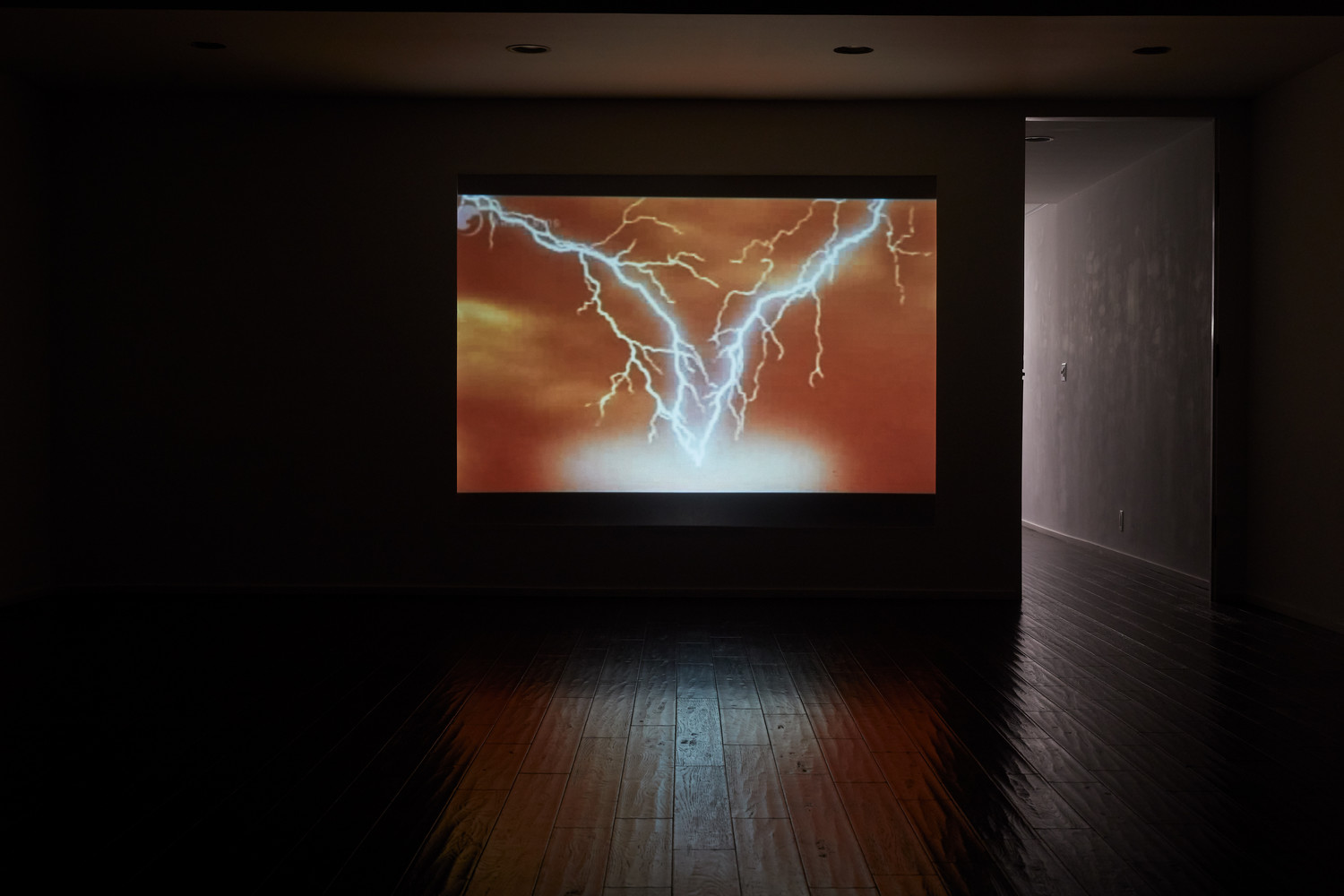
Gallery View VI
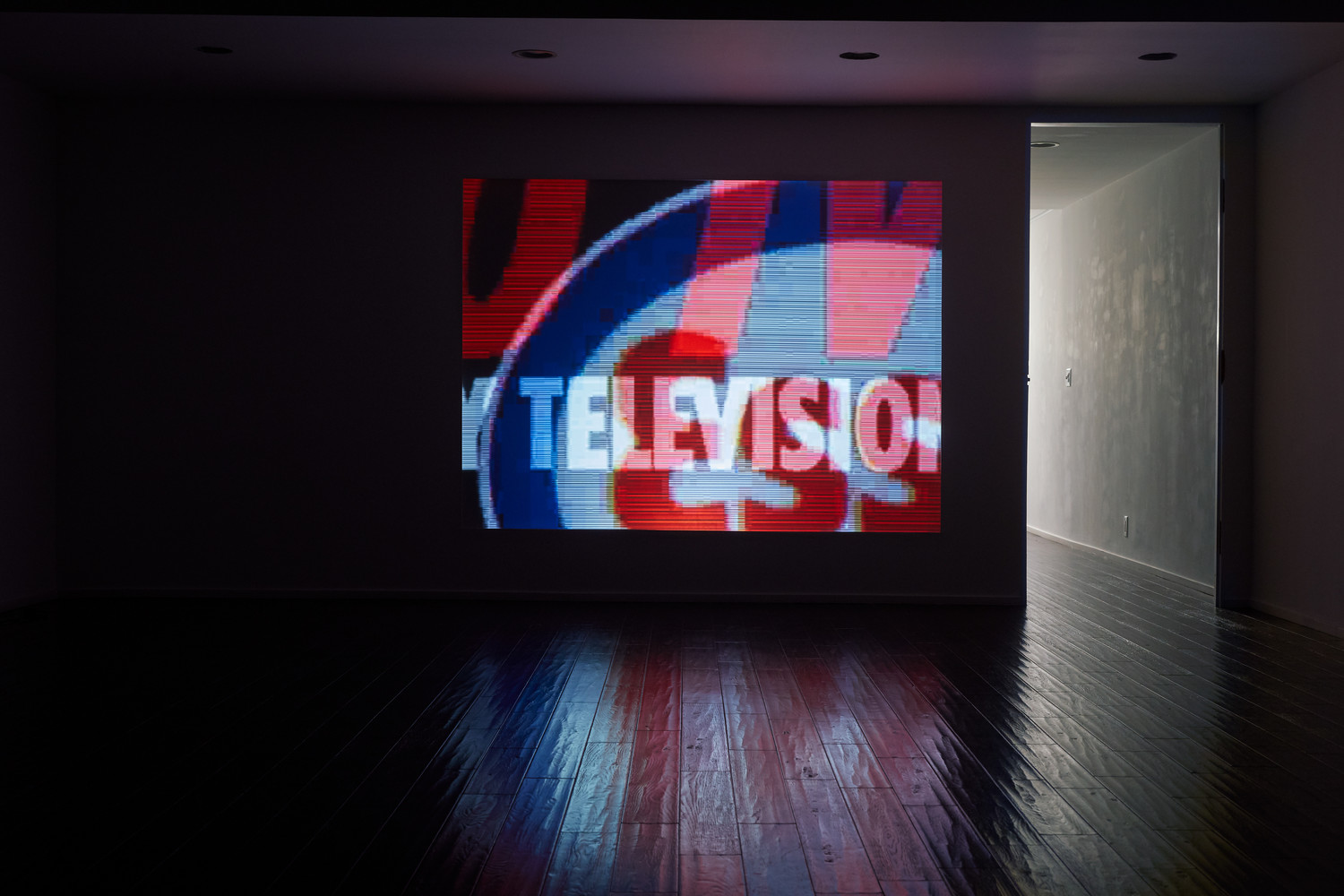
Gallery View VII
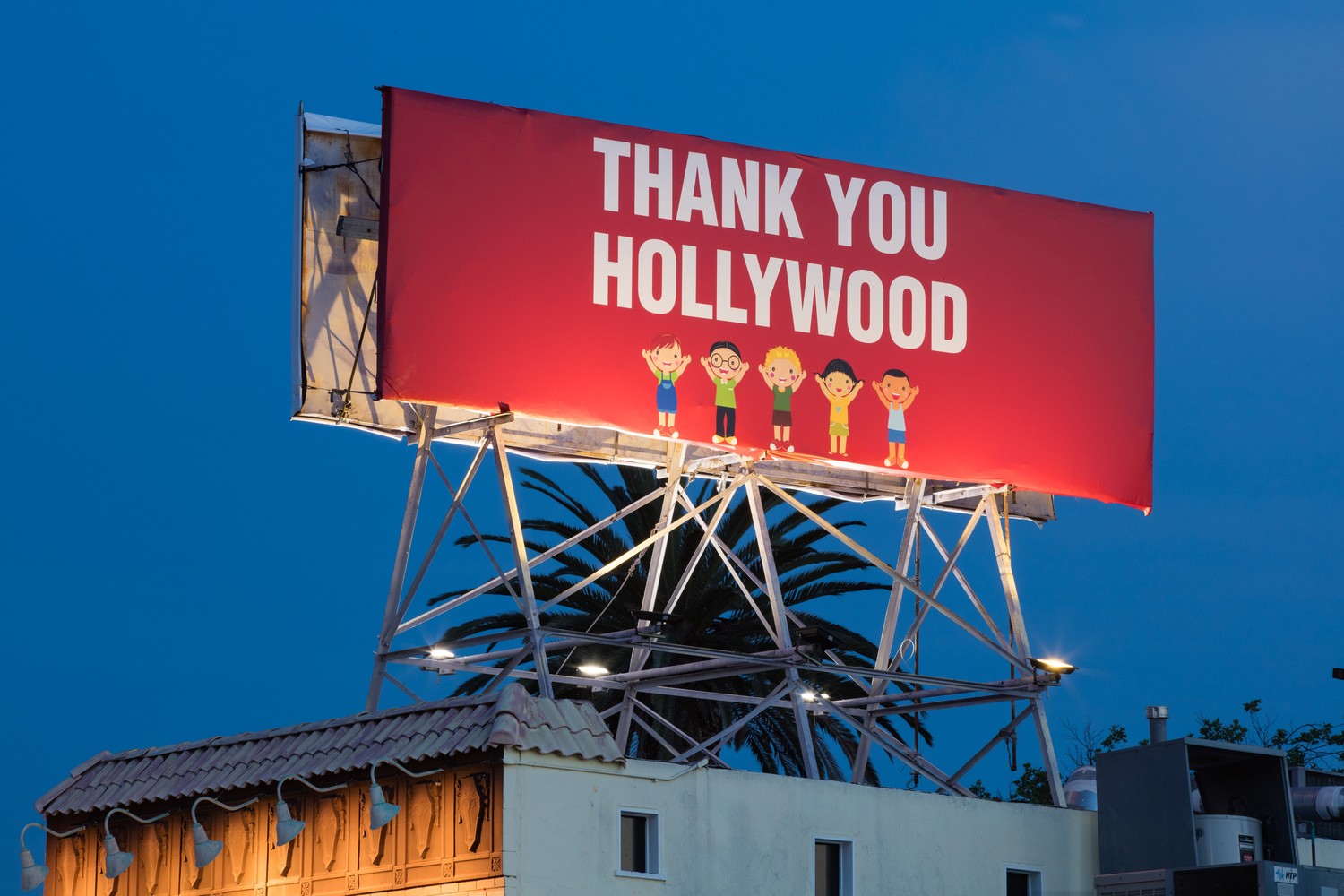
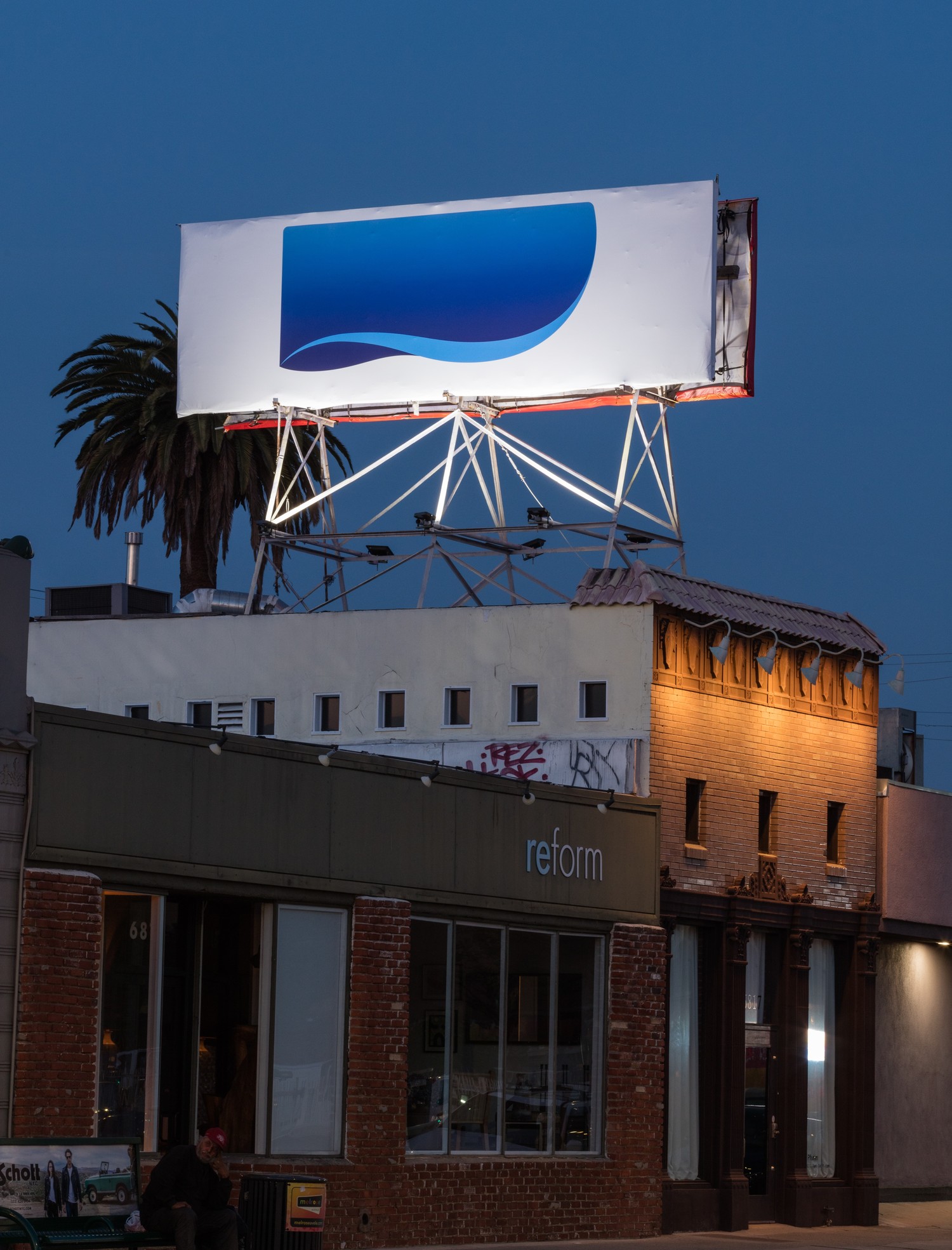
Daniel Pflumm is a central figure in the effervescent cultural scene and underground club culture of 1990s Berlin. Pflumm played a key role in the process of creating and engaging in the context of capitalism’s conquest of the former East; a critical dialogue between electronic music production, art making and corporate aesthetics. Using a strategy of situationist détournement, Pflumm has developed through digital techniques a form of Pop Art with an emphasis on the minimalist–influenced abstraction of corporate and mass media imagery.
Pflumm founded in Berlin the legendary clubs Elektro (1992–1994) and Panasonic (1995–1997) along with a techno label Elektro Music Department (EMD). It is within the specific setting of these clubs that Pflumm initially conceived and integrated light boxes dissecting corporate logos stripped of their identifying names and TV monitors playing ad absurdum video-loops of corporate logos and commercials rhythmically pulsating with the music of the club.
For the exhibition at 6817 Melrose, five light boxes are displayed throughout the gallery, among them his two infamous “Elektro, 1998” and “Panasonic, 1999.” Alongside the light boxes are four video works, shown on a back-projected screen flushed to a wall. The back-projected screen intermittently displays logos disintegrating into abstract patterns then merging once again, or flashing off and on at a furious pace.
Daniel Pflumm performs operations on corporate logos and re-contextualizes them according to their seemingly endless repetition. While confronted to Pflumm’s video-loops the viewer is caught up in a hypnotic perception of rhythms of images and sounds. His videos combine found and shot footage cut with logos, segments of recorded TV commercials and news, all set asynchronously to techno beats scored by the artist and his collaborator, Klaus Kotai.
Pflumm’s work hovers between promise and emptiness, glamour and ruin, reflecting on the impact of corporations and mass media on our lives. Carrying a powerful poetry of subversion in the context of global capitalism, his work echoes in constant loop and will remain relevant in our capitalist culture.